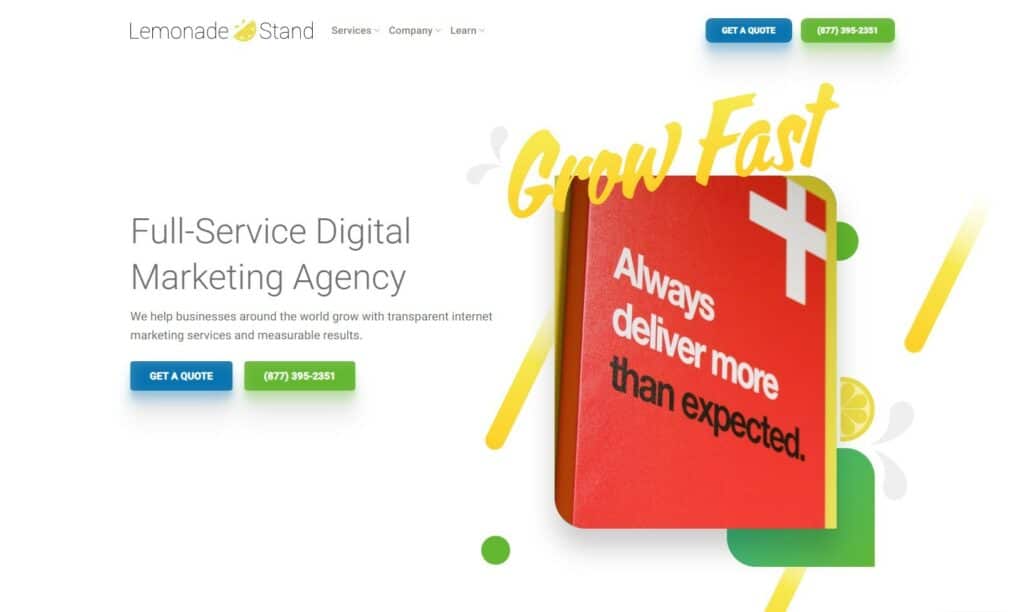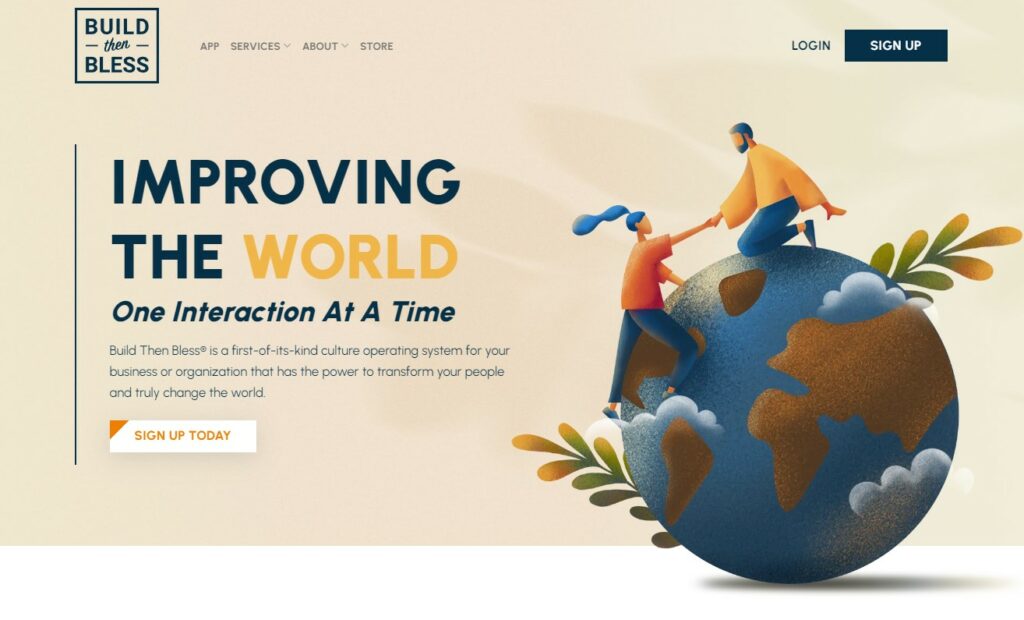I’ve been reading “Burn Your Portfolio,” a book full of business and life advice for designers. Mike Janda, the author, worked as a creative director at Fox before founding (and later selling) the creative agency Riser.
Janda compresses his wisdom into short sections of a page or two each, which make this book great for pick-up reading whenever you have a few minutes to kill. A good chunk of the book focuses on design, but the author also dispenses a lot of advice that translates well into any business scenario.
I recommend you grab a copy of the book to get the full effect. But I’m going to list five of what I consider the most important lessons from Janda’s book that anyone can apply, no matter their industry.

1. Get addicted to feedback
Everybody loves a compliment. There are few better feelings than designing a website for a client only to hear, “Wow. This is exactly what I wanted.” Of course, if we only ever heard how great we are we’d never feel an urge to improve.
Janda stresses the importance of seeking out as much feedback as possible – especially from people who don’t know much about your line of work. That’s how you find improvements you never would have thought of. When someone criticizes your work, don’t take it personally. Instead, ask “How can I make it better?”
This also works when you’re soliciting work or clients. If someone turns down your proposal, you should always ask why. Was your price too high? Did another firm/person have more relevant experience? That feedback only makes your next proposal stronger.
2. Be nice to everybody
We talked about this in an earlier blog post, but it’s worth repeating. Treat every client like they’re paying you $15 billion. Go out of your way to be nice to people no matter how small or powerless they may seem.
This is probably the best way to grow your business through referrals – but I’ll caution that people can always tell when you’re being nice to them just to get something in return. Instead, you should think of niceness as part of the product or service you or your company provides. Strive to improve it just like you always tweak whatever it is you’re selling to clients.
3. Process is power
Any successful business will deal with growing pains. Adding to your team or expanding your services can lead to slip-ups, miscommunications and other frustrations.
Janda pitches the importance of process for everything from large projects to onboarding emails. He argues that if there’s a documented process for each step along a business pipeline, it doesn’t matter whether a veteran or a new hire is handling an account or client. The business knows through prior testing how to deliver a smooth experience, and the customer can relax knowing they’re not a guinea pig.
Of course, you don’t want to smooth all of the personality and life out of your company. Clients still want to deal with people. But consider standardizing routine things like invoicing emails – it’ll ensure you never miss important details and save you lots of time.
4. There’s no such thing as a meet and greet
Disney once asked Janda’s company to bid on a major project. He sent a few employees to a “meet and greet” at Disney headquarters in Burbank armed with nothing but a few copies of their proposal.
Turns out the “meet and greet” was actually a room full of Disney executives expecting a full presentation on why Janda’s agency should have got the job. Needless to say, the entertainment giant chose someone else for the project.
You never know when you may have to launch into a full-on sales pitch, either for a project or your services in general. Always carry whatever tools necessary to show off what you do to anyone who’s interested.
5. Always go the extra mile
Janda describes early in the book how he went from earning minimum wage in a print shop to running a massive design agency. The through-line is simple: he always exceeded his clients’ and employers’ expectations. He spent his free time learning web technologies, which quickly boosted him out of that minimum-wage job. He anticipated clients’ requests and built them into his projects before they even asked.
No matter what industry you work in, there is always something you can do better. Something new to master. We don’t often have time to do this during our hectic workdays. But taking just half an hour a day after work – or during lunch, or while you get ready to head into the office – to expand your skillset will put you ahead of most of your competitors. Without a constant push to improve your craft, you’re not standing still – you’re moving backward.


